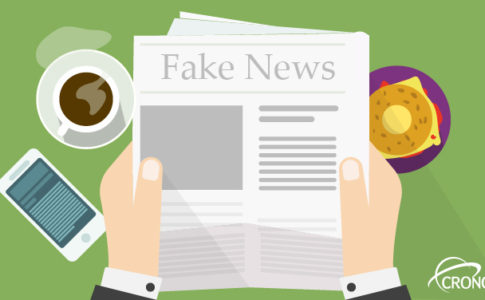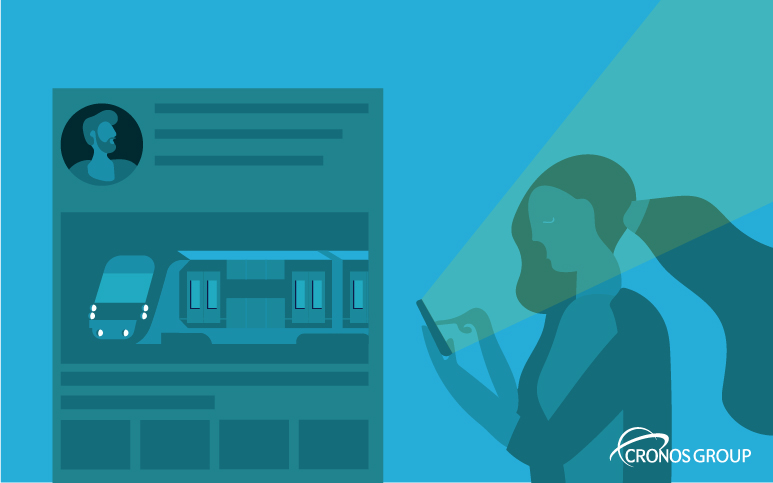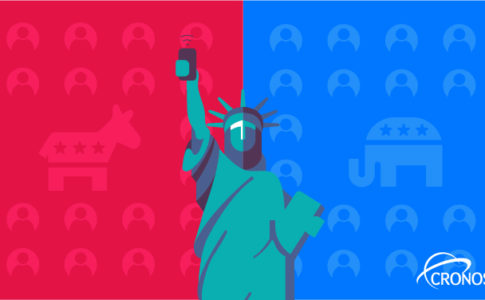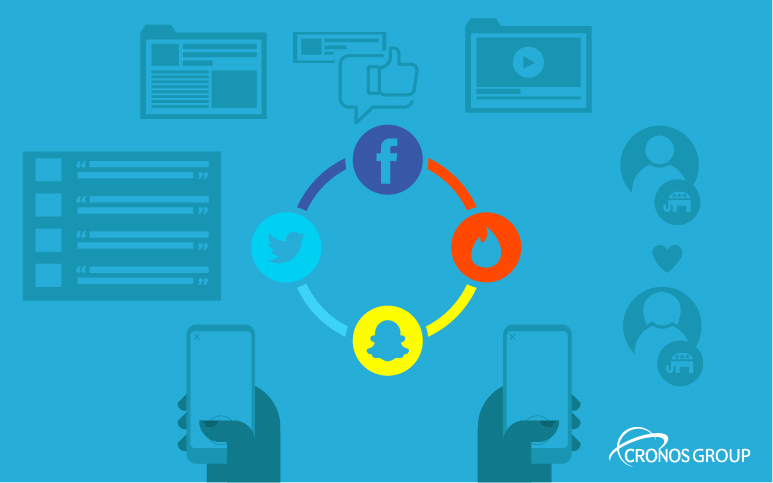Remember when Donald Trump called his party (republicans) “the dumbest voters in the country”? Well, that was not true!
With the advance of technology and social media, the internet has become a valid place to get information. But, with the proliferation of outputs -due to the simplicity it means opening sites- it has created an increasing number of pages devoted to creating fake information whether it is to amuse, critic or shape the public opinion. Whatever it may be, it is necessary to say that just because something is said on the internet, it doesn’t mean it’s true.
Here is where Facebook has a serious “fake news” problem, since it makes it harder to distinguish a real article from a false one. Sites dedicated to generating fake information are good at taking advantage of Facebook’s news feed algorithm. To understand why, we must comprehend that what each of us sees on our news feed depends on the content we like, share and comment the most; so, fake news sites publish content with the soul purpose of becoming viral so they can sell ads. In conclusion, it’s not about informing people, it’s about making money.
Besides from “Fake News”, there are other types of information we need to battle so we can stop people from assuming everything they read on the internet is true. For example, satire, that has no desire to be real and serves an entertainment purpose but can be assumed as real, or Misleading News which make use of real quotes and real events but taken out of context.
Here are some simple tips to avoid getting fake news:
- Check the url
- Verify if it’s a current story or a repost of an old one
- Notice if there are other outlets reporting the story
- Ask yourself: Are the quotes-pictures-videos traceable?
- Don’t accept anything as “complete information”- if you read something that caught your attention, investigate more about it to have a full picture.
Only us, as consumers, can stop the intoxicating purpose of sites to use the credibility of people to make money. Whether it comes from Facebook or any other social media, we need to regain the power of choosing what to believe in by fact checking everything that is said before giving it our endorsement.




